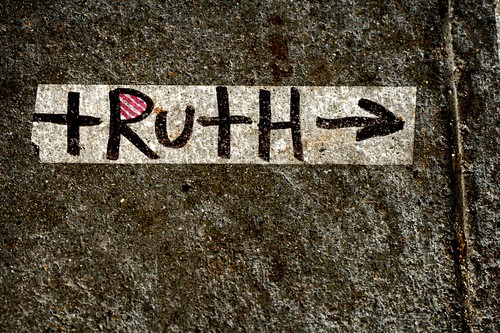On this date in 1776, the first article of a series known as “The American Crisis” was printed in the Pennsylvania Journal. Written by Thomas Paine and signed “Common Sense” — after his own pamphlet which had been published in January and was fundamental to the case for the colonies’ Independence — the series was meant to encourage the American public to remain steadfast in the Revolutionary War.
Paine wrote the first article in a particularly dark moment of the war, when General George Washington had been forced to retreat across the Delaware River. Washington had the article read to his troops to bolster their morale. And how could it not, with an opening like this?
These are the times that try men’s souls. The summer soldier and the sunshine patriot will, in this crisis, shrink from the service of their country; but he that stands it now, deserves the love and thanks of man and woman. Tyranny, like hell, is not easily conquered; yet we have this consolation with us, that the harder the conflict, the more glorious the triumph. What we obtain too cheap, we esteem too lightly: it is dearness only that gives every thing its value. Heaven knows how to put a proper price upon its goods; and it would be strange indeed if so celestial an article as FREEDOM should not be highly rated.

The first page of “The American Crisis,” number one (1776). (Image on Wikimedia Commons.)
Two hundred forty years later, our republic — for which Paine and so many others risked so much — is in the latest of a series of recurring but relatively minor crises over how best to govern our affairs. In some respects this may be because “What we obtain too cheap, we esteem too lightly,” and a great many of us have obtained a great deal with far less labor, risk and cost than our forbears.
I don’t think this latest internal strife is the existential crisis that some have made it out to be; in spite of all our faults and foibles, I remain optimistic about our prospects. But this passage from further on in “The American Crisis” seems particularly apt:
‘Tis surprising to see how rapidly a panic will sometimes run through a country…. Yet panics, in some cases, have their uses; they produce as much good as hurt. Their duration is always short; the mind soon grows through them, and acquires a firmer habit than before. But their peculiar advantage is, that they are the touchstones of sincerity and hypocrisy, and bring things and men to light, which might otherwise have lain forever undiscovered. In fact, they have the same effect on secret traitors, which an imaginary apparition would have upon a private murderer. They sift out the hidden thoughts of man, and hold them up in public to the world.
In the days of our Revolution, panics spread through word of mouth and the printing press: how different from these days of mass media and rapid messaging! And in this modern age, many people — whether secret traitors or not — are all too quick to reveal their hidden thoughts even without a panic, especially when those thoughts are hateful or destructive or degrading. The concept of shame has fallen out of favor, after all.
It is hard to deny that recent events have been “touchstones of sincerity and hypocrisy” in our ongoing discourse, and have brought things to light about many of us … about our prejudices and preferences, our desires and depravities … “which might otherwise have lain forever undiscovered.” These are just the latest in long lines of events, monumental and minuscule, that have prompted outpourings of angst, turmoil, and passion. Yet I still remain optimistic about our future, that we stand a reasonable chance of getting through these strange days with our nation intact.
And in the end, as The Hitchhiker’s Guide to the Galaxy points out, some of the best advice may simply be, “Don’t Panic!” Because this panic, too, will come to an end.



 by
by 

















